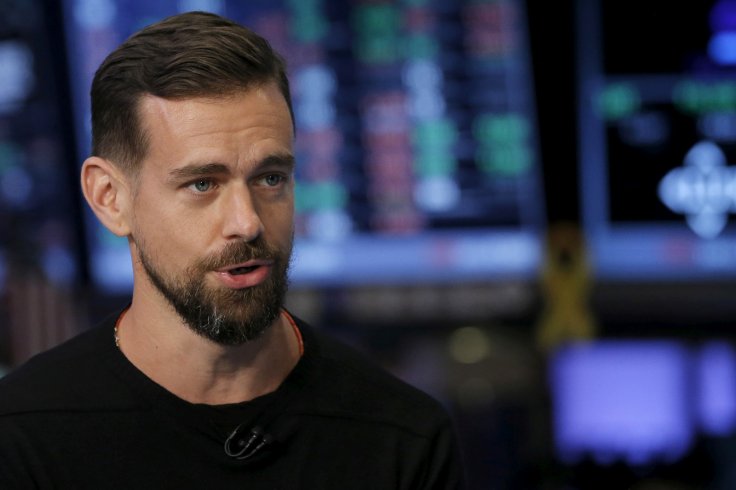Twitter CEO Jack Dorsey and pop star Rihanna's non-profit organisation, The Clara Lionel Foundation (CLF), have set up a joint $4.2 million grant to help domestic violence victims amid the COVID-19 crisis.
Dorsey and CLF each committed $2.1 million for the grant meant to help address the current crisis for domestic violence victims in Los Angeles.
Specifically, these funds will provide 10 weeks of support including shelter, meals and counseling for individuals and their children suffering from domestic violence at a time when shelters are full and incidents are on the rise, CLF said on Friday.
Although they are starting in Los Angeles, victims of domestic violence exist all across the world, so this is just the beginning, the organisation said.

Domestic violence amid the coronavirus
The Los Angeles Housing Authority has determined that approximately 90 people per week (in addition to their children, in many cases) have been turned away from domestic violence shelters in Los Angeles since the "Safer at Home Order" was issued due to COVID-19.
At approximately $125 per day, the grant will cover housing and food for 90 domestic violence victims per week, with an additional 90 victims every week thereafter for 10 weeks.
It is estimated that more than 10 million people experience domestic violence in the U.S.
Each year, and the number of homicides related to domestic violence has been on the rise since 2010.
Earlier this month, Dorsey announced that he was dedicating $1 billion of his equity in Square to help fund COVID-19 relief efforts, girls health and education, and Universal Basic Income pilot programmes.
CLF and JAY-Z's Shawn Carter Foundation (SCF) earlier this month announced $2 million in grants to COVID-19 response efforts to support undocumented workers, the children of frontline health workers and first responders, and incarcerated, elderly and homeless populations in New York City and Los Angeles.
Prior to that, CLF announced $5 million in grants to on-the-ground partners working on the frontlines of the coronavirus response to protect and prepare vulnerable and marginalised communities in the US, the Caribbean and in Africa for whom the full impact of the pandemic is still to come.









